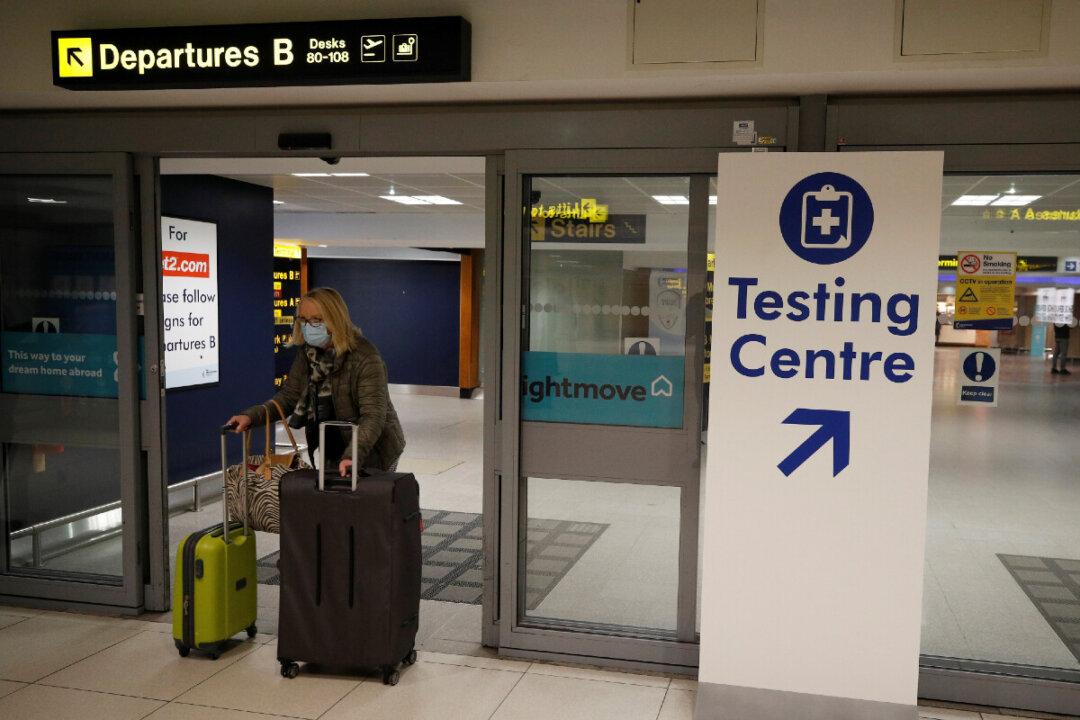The UK government will not introduce CCP virus “vaccine passports,” but people will be able to ask their doctors for proof of vaccination if needed for international travel, Britain’s vaccine deployment minister Nadhim Zahawi said on Sunday.
The government has “no plan of introducing a vaccine passport” because “vaccines are not mandated in this country,” Zahawi told the BBC’s Andrew Marr Show.





